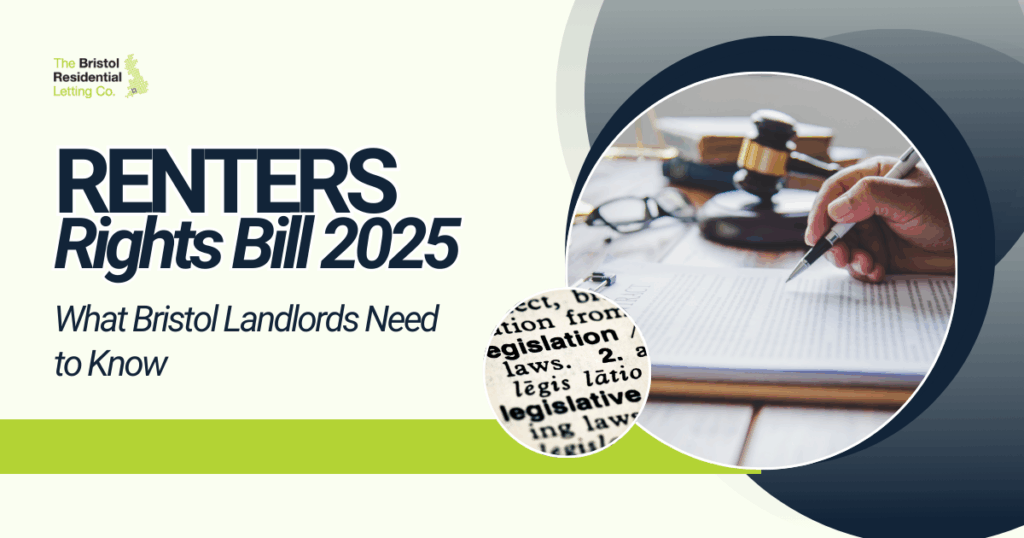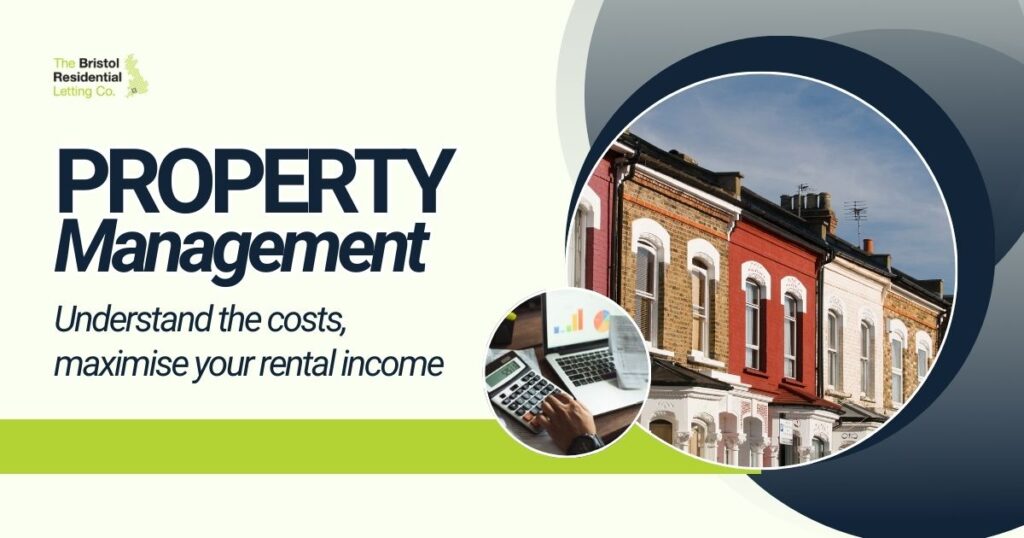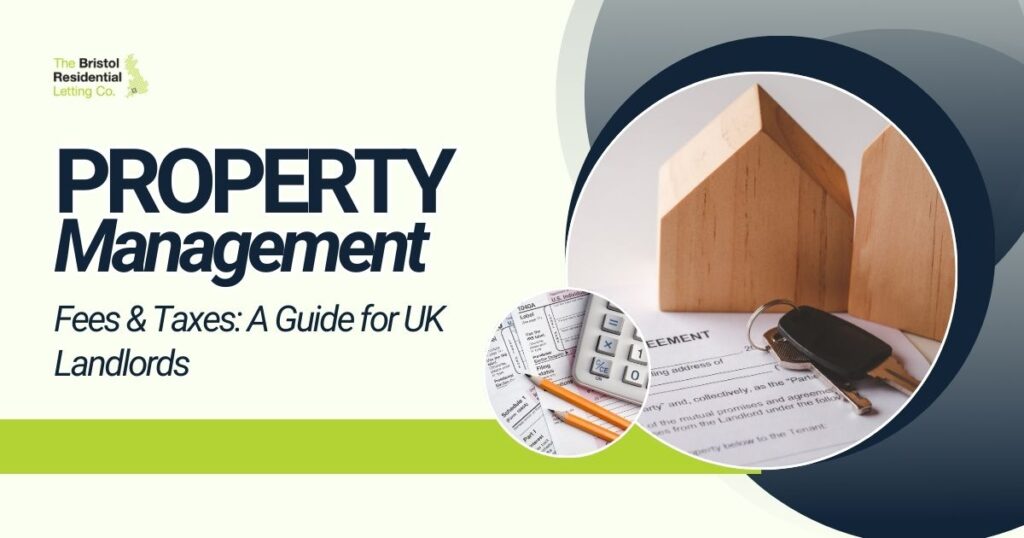Sorry, we couldn't find any posts. Please try a different search.
Share Article
Contents
If you’re a landlord in Bristol, it’s essential to stay ahead of upcoming changes to Energy Performance Certificates (EPCs). From mid-2025 onwards, the calculation of EPCs is undergoing a significant update, which may affect how your properties are rated and what you need to do to remain compliant.
Here’s what’s changing, why it matters, and what steps you can take now to prepare.
EPCs Are Being Overhauled
For the first time in over a decade, the method used to calculate EPCs is being significantly updated. These changes aim to improve the accuracy of assessments, especially for flats and mid-terrace homes, which have often been unfairly rated under the current system.
The update is part of a new version of what’s called the Reduced Data Standard Assessment Procedure (RdSAP). It’s the methodology assessors use to measure a property’s energy efficiency.
What’s New in the Assessment Process?
Under the new RdSAP system, assessors will:
- Collect more detailed information about your property
- Base their ratings on verified documentation, not assumptions
- Use updated methods to measure things like floor area and insulation
Key changes include:
- Windows: Type and condition of glazing will be recorded
- Heating systems: Efficiency will be based on model numbers or manufacturer data
- Smart controls: The presence of heating tech like smart thermostats will be noted
- Home improvements: Only counted if you can provide evidence like receipts or certificates
If no documentation is provided, your property’s EPC score could drop, even if improvements have been made.
New Minimum Standards Are Coming Too
The current legal minimum for rental properties is an EPC rating of ‘E’, but this is set to rise:
| Year | Requirement |
| 2028 | New tenancies must be rated EPC ‘C’ or above |
| 2030 | All rental properties must meet the ‘C’ standard |
This is part of the government’s plan to improve housing quality and reduce carbon emissions.
It’s likely that EPCs assessed before 2026 will need to be redone to reflect the new methodology and confirm compliance.
What Will It Cost?
Improving your property’s EPC rating to meet the upcoming ‘C’ standard could require an investment of around £6,100 to £8,000 per property.
To help with the cost, the government has proposed:
- A £15,000 spending cap per property
- Support schemes like the Boiler Upgrade Scheme, which provides grants for replacing inefficient heating systems
There are also exemptions available for properties where improvements are too expensive or not feasible, though these must be applied for and are typically only valid for five years.
What’s the Risk of Not Preparing?
Failing to meet EPC requirements can lead to:
- Fines of up to £5,000
- The inability to legally rent out your property
- Being forced into unnecessary or repeat works if documentation is missing
Additionally, if your EPC rating drops under the new assessment rules due to missing paperwork, you could end up spending more than you need to on upgrades you’ve already done.
How to Prepare Now
Here are four steps you can take today to get ahead of the changes:
1. Review Current EPCs
Check which of your properties are currently rated below a ‘C’ and prioritise them for review.
2. Gather Documentation
Find and store paperwork for:
- Insulation work
- Window and door upgrades
- Boiler and heating system installations
- Smart heating controls
Having this evidence will protect your property’s rating under the new system.
3. Plan for Upgrades
If improvements are needed, consider:
- Loft or cavity wall insulation
- Upgrading old boilers
- Installing double glazing or smart thermostats
4. Stay Informed
Keep an eye on further announcements and guidance from the government, or speak to your local letting agent in Bristol for the latest advice.
Final Thoughts
The upcoming EPC changes are designed to make ratings more accurate and meaningful, but they also bring new responsibilities for landlords.
By understanding the changes, reviewing your properties now, and keeping a clear paper trail for any upgrades, you can avoid unexpected costs and stay compliant with future legislation.
As the lettings landscape becomes more complex, it’s understandable that many landlords feel overwhelmed. Whether it’s navigating EPC changes, planning upgrades, or understanding your legal obligations, we’re here to help.
Our expert team stays up to date with the latest regulations and can guide you through every step, so you can continue letting with confidence.
If you’re unsure where to start, speak to a qualified energy assessor or get in touch with your local letting agent in Bristol; we at The Bristol Residential Letting Co are here to support you.










